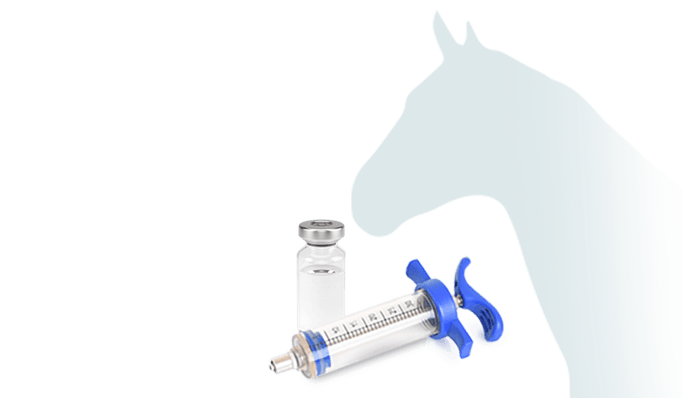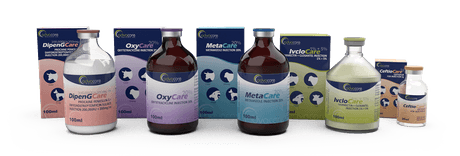What are Veterinary Injections?
Veterinary injections are medications given directly into the body of animals. These can come in various forms such as liquid, suspension, or powder and are used to prevent, treat, or manage diseases and health conditions. They are typically given intravenously (IV), intramuscularly (IM), or subcutaneously (SQ/SC).
Veterinary injections play a pivotal role in rapid drug delivery, ensuring that the medication acts quickly, especially in critical situations. Their effectiveness can be observed in the immediate onset of action compared to other methods like oral administration. Additionally, animal injections can be more controlled, allowing veterinarians to administer precise dosages, reducing the risk of overdose or underdose.
Veterinary injections also offer an advantage for animals that might have difficulty with oral medications, either due to behavioral resistance or physical limitations. Giving injections requires expertise and care. It's crucial to ensure the correct site of administration to avoid complications.
Sterility is also of utmost importance to prevent infections, underscoring the need for trained professionals and high-quality products in the field of veterinary medicine. Choosing the right method of medication administration depends on the specific needs of the animal, the nature of the medication, and the circumstances at hand.
Veterinary injections are a cornerstone of modern veterinary care, providing a direct route for delivering medications that target specific health concerns in animals. The convenience and accuracy of injections are particularly valuable when dealing with conditions that demand swift intervention, such as severe infections or acute pain. This method ensures that the medication reaches the bloodstream quickly and efficiently, optimizing the chances of a successful outcome.
In livestock management, veterinary injections are an essential tool for maintaining the health and productivity of herds. Mass administration of vaccinations or treatments through injections can be more efficient than individualized oral administration. This approach is especially crucial in disease prevention strategies, where quick and widespread protection can be achieved, benefiting both animal welfare and economic sustainability.
The technique and choice of injection route also depend on the animal's size, temperament, and physical characteristics. For example, large animals like cattle might require intramuscular injections due to the muscle mass available for absorption, while smaller animals like rabbits might receive subcutaneous injections due to their size. Furthermore, the specific formulation of the medication, whether it's a liquid, suspension, or powder, can influence the optimal administration method to ensure the drug's proper absorption and efficacy.
Veterinary professionals play a key role in ensuring the safe and effective administration of injections. Proper training and expertise are essential to minimize the risk of complications and ensure the well-being of the animals. Regular monitoring and follow-up care are also critical to assess the animal's response to the treatment and make any necessary adjustments.


